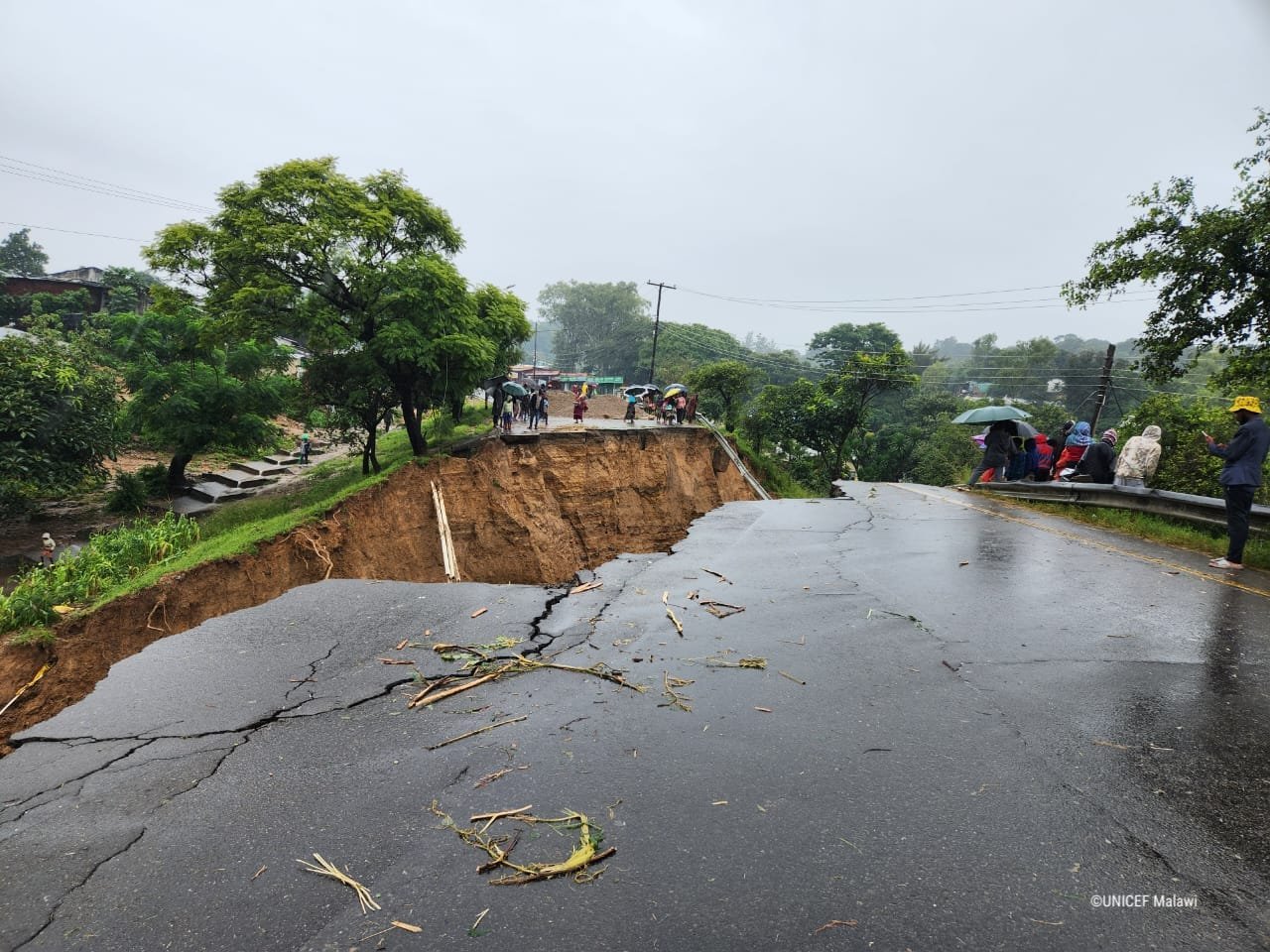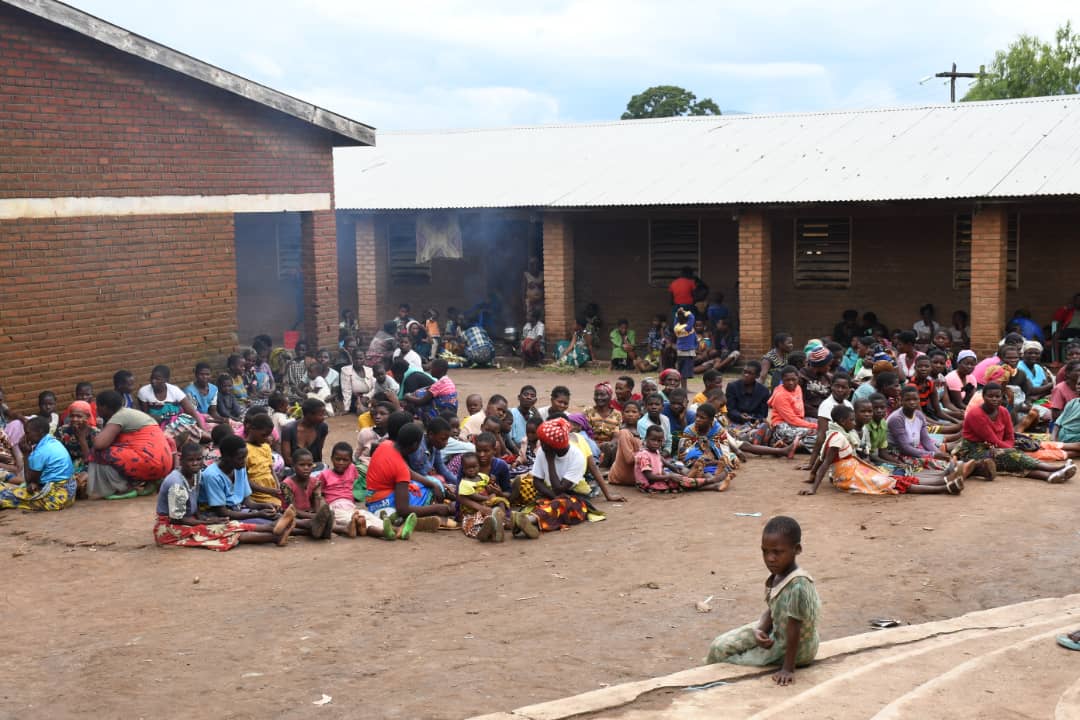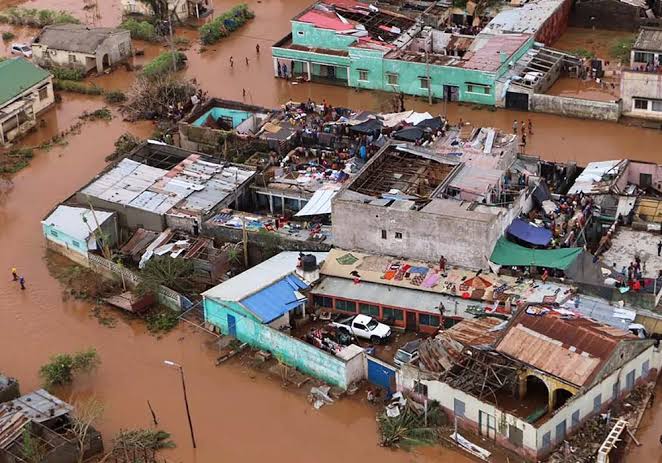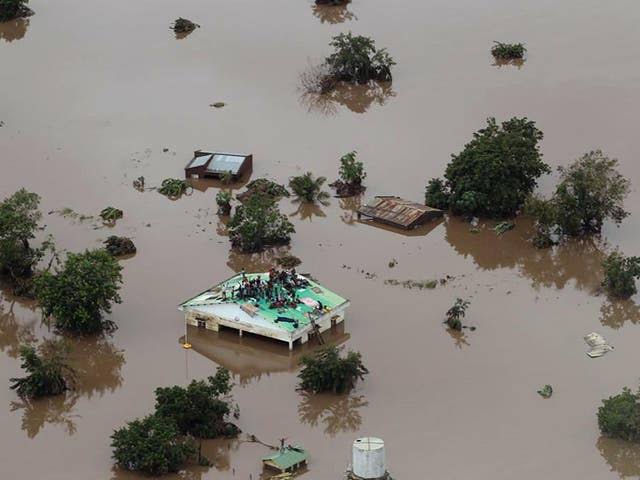Sun 19 March 2023:
Cyclone Freddy, which developed over the Indian Ocean more than a month ago, has dissipated this week, after making landfall a second time in southern Africa.
According to authorities in Malawi, Mozambique, and Madagascar, the death toll in Southeast Africa as a result of the exceptionally long-lasting Tropical Cyclone Freddy has risen to 522.
The death toll in Malawi, which has been hit the hardest by the cyclone, rose to 438 on Saturday, according to disaster management officials. On Thursday, Malawi’s president, Lazarus Chakwera, declared a 14-day national mourning period.
Hundreds of evacuation centers have been set up across the country for survivors, with tens of thousands of people left homeless in Malawi and approximately 345,000 people affected by the heavy rains, floods, and landslides.
The World Meteorological Organization is setting up a committee to evaluate if Freddy has broken the record for the longest-lasting tropical cyclone. The index used to measure the energy released by a tropical cyclone, known as accumulated cyclone energy, estimates Freddy had the equivalent energy of an entire North American hurricane season.
The cyclone left a trail of devastation in southeast Africa. Neighbouring Mozambique and the island nation of Madagascar have also been affected.
In Mozambique, at least 67 people died, according to President Filipe Nyusi, with 50,000 more displaced.
It is expected that the death toll in both nations will continue to climb. At least 17 people were killed in the island nation of Madagascar.


Before the cyclone hit, there was a cholera outbreak in both Mozambique and Malawi, and there are concerns that the flooding will worsen the spread of water-borne diseases. Early in the year, floods and Freddy’s first battering both affected Mozambique.
According to scientists, cyclone activity has gotten worse due to human-caused climate change, becoming wetter, more intense, and more frequent.
Since it devastated Mozambique, Madagascar, and Réunion in late February, Cyclone Freddy has wreaked havoc in southern Africa. Then, after regaining strength over the Mozambique Channel, it looped back onto land.
Until March or April, the cyclone season in Southern Africa can bring heavy rain and storms.
SOURCE: INDEPENDENT PRESS AND NEWS AGENCIES
___________________________________________________________________________________________________________________________________
FOLLOW INDEPENDENT PRESS:
TWITTER (CLICK HERE)
https://twitter.com/IpIndependent
FACEBOOK (CLICK HERE)
https://web.facebook.com/ipindependent
Think your friends would be interested? Share this story!







